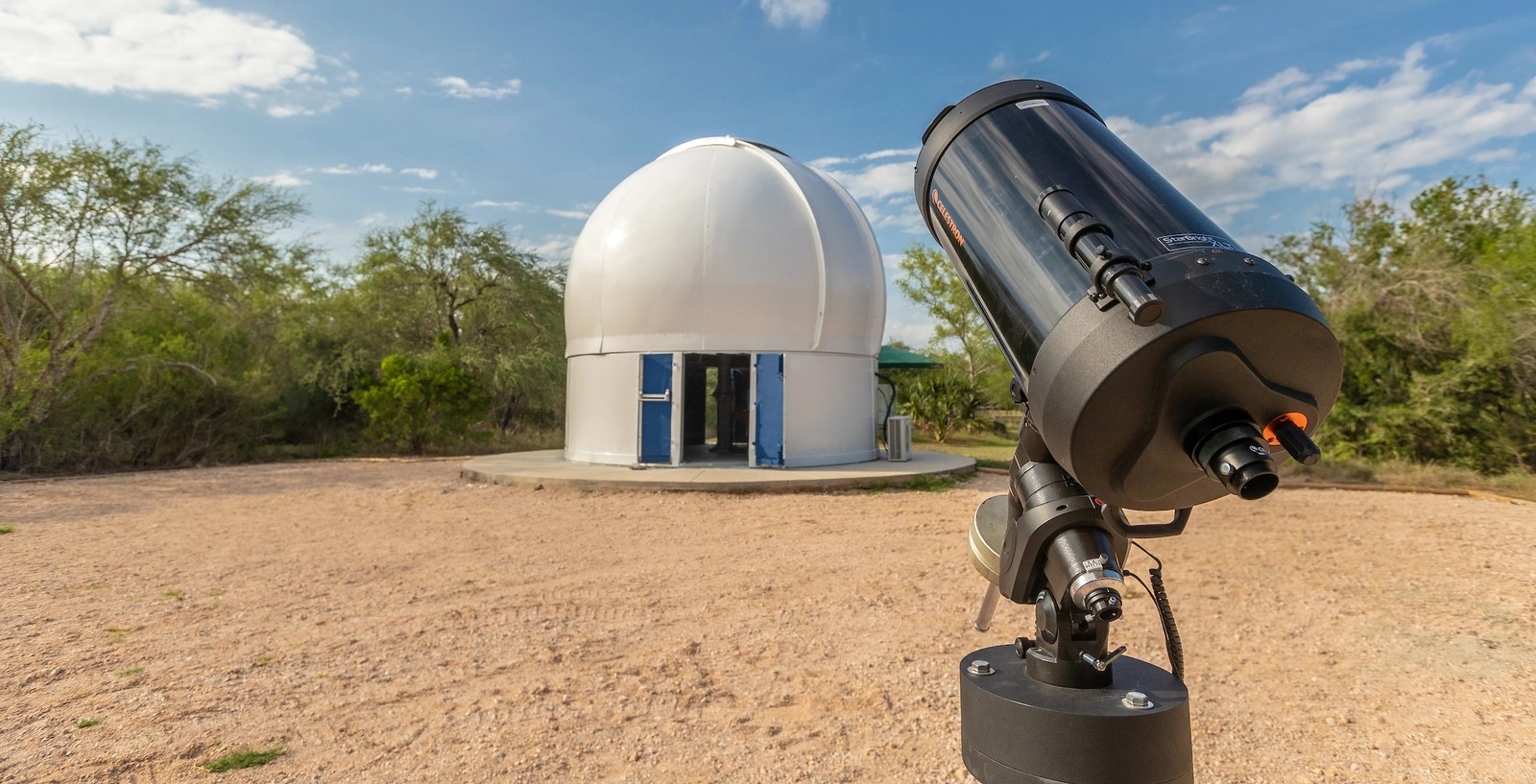
The Doctoral degree in Physics provides students with a broad background in classical and modern physics. Modern physics has entered a new era of expanding quantitative understanding of large-scale and multidisciplinary complex systems, impacting science, technology, medicine, and the economy.
The program trains professionals who can develop research-based solutions in the areas of gravitational wave astronomy, optical and radio astronomy, optical physics, nanophysics, and materials physics, condensed matter physics, high-energy physics, biophysics, biomedical physics, and physics education.
As technology advances and living standards improve, physics remains at the forefront. The biggest sectors of employment for physicists are scientific research and development. Companies and institutions also rely on physicists to engage in research in creating new products. The work they do gives us a better understanding of how things work and enhances our ability to improve them for humanity's benefit. Many Ph.D. in Physics graduates can find themselves in a variety of industries including healthcare, engineering, energy, technology, and geophysics.
